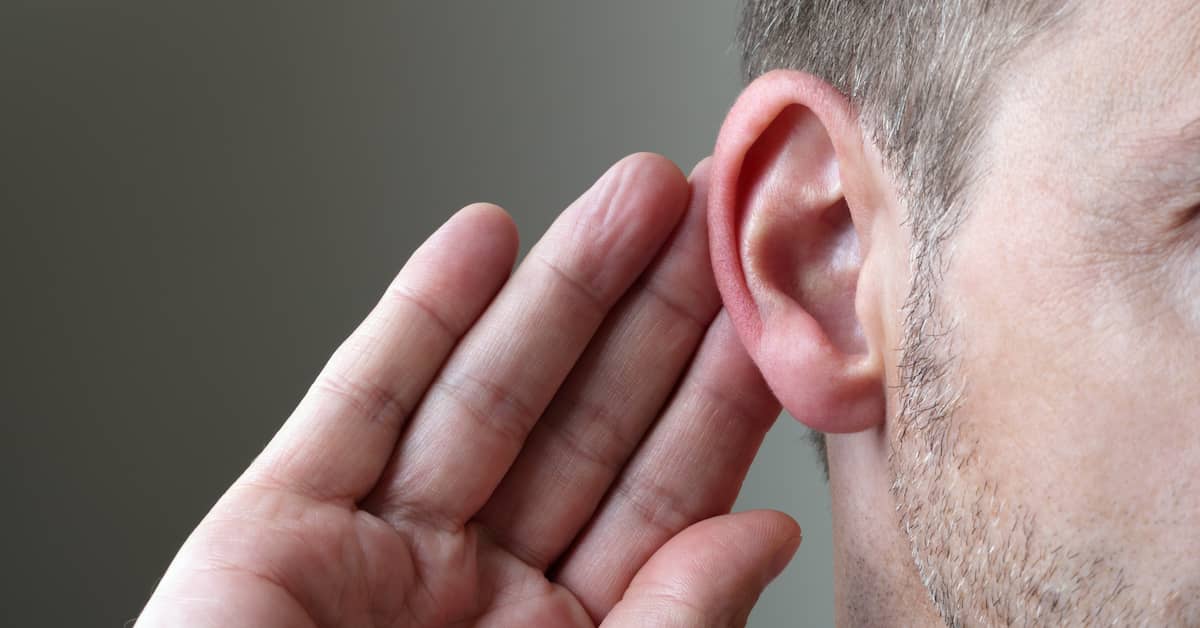
What’s Cognitive Resilience Anyway?
Lead researcher Joel Salinas, M.D., shed some light on this term. “We think of cognitive resilience as a buffer to the effects of brain aging and disease,” Dr. Salinas explains. Dr. Salinas and his team were aware of prior studies linking a robust social network with higher levels of cognitive function in Alzheimer’s patients-- and the surprising nature of these findings given the number of signs of Alzheimer’s disease in participants’ brains at autopsy.3 Dr. Salinas notes that the latest research adds to this growing evidence that people can take steps to increase the odds of slowing down cognitive aging or prevent the development of Alzheimer’s disease in the first place. “[This is] something that is all the more important given that we still don’t have a cure for the disease.” According to Dr. Salinas, having a great listener on speed dial might be strengthening parts of the brain that contribute to maintaining cognitive health and minimizing age-related damage.Start Early
It turns out that the benefits of a listening ear start earlier than you might think. “Although cognitive decline typically happens later in life, we actually found the most striking effect in people under age 65, in their 40s and 50s,” Dr. Salinas notes. But that’s not to say that older adults have run out of time to gain the benefits of social support and boost their brain health. It just means you probably should act now to get as much benefit as possible. And the benefits of having a good listener in your life go way beyond brain health. Dr. Salinas adds that having a good listener in your life can also have a profound impact on your ability to maintain independence and function well. For example, research shows regular social interaction helps older adults better communicate with their loved ones and perform the activities that they love for much longer than they might otherwise.Becoming a Good Listener
It’s also worth noting that good listeners attract other good listeners. Therefore, consider brushing up on your own listening skills. The New York Times suggests four tips to become a better listener:- Clear your mind so you can hear what the other person is saying.
- Don’t plan your answers in advance.
- Try not to judge or bring an agenda to the conversation.
- Be an active listener – nod encouragingly and ask open-ended questions.4
